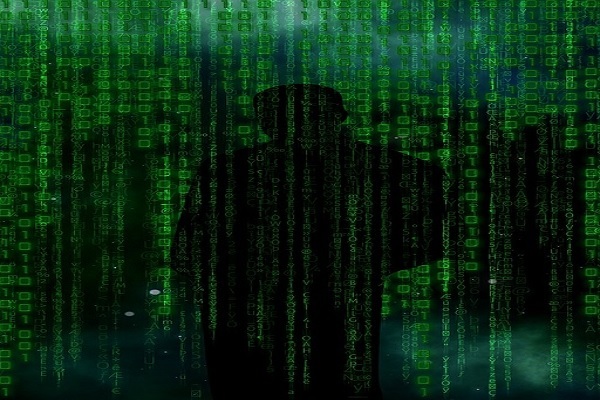Lawyers representing the federal government withdrew their request for a court order compelling Apple, a popular consumer electronics company, to provide a method of unlocking an iPhone involved in a national law enforcement investigation.
In February, the U.S. District Court for the Central District of California ordered Apple to assist the Federal Bureau of Investigation (FBI) with its investigation into the December 2015 San Bernardino terrorist attack, by devising a way to unlock one of the deceased terrorist’s iPhone without a password.
Lawyers representing Apple argued against the court order, claiming the demand improperly expanded government power granted by the Judiciary Act of 1789, now called the All Writs Act (AWA), a law authorizing federal judges to “issue all writs necessary or appropriate in aid of their respective jurisdictions and agreeable to the usages and principles of law.”
‘Security and Personal Safety’
Sophia Cope, a staff attorney with Electronic Frontier Foundation, says consumers’ information would have been less safe if the FBI had gotten its way.
“Compelling Apple to build a back door for its own product actually undermines the security and personal safety of millions of Americans and others around the world, especially those living under authoritarian regimes, by creating the legal precedent, by weakening the trust users have in software updates supposedly authorized by companies, and by building the technology itself,” Cope said.
Cope says the right to privacy in the digital age protects people from numerous potential problems.
“A thief who steals a phone on the train could reveal financial information, a black hat hacker could access intimate photos and put them online, or a foreign intelligence agency could suppress dissent or journalism,” Cope said.
‘A Balance on Safety’
Daniel Gerstein, a senior policy researcher at the RAND Corporation, a nonprofit policy think tank focusing on defense and foreign policy issues, says privacy concerns over FBI’s demands are misleading. Gerstein is also a former deputy undersecretary at the U.S. Department of Homeland Security Science and Technology Directorate.
“There’s a balance on safety,” Gerstein said. “The people who are claiming that you should have absolute security on your phone are not being fair in thinking about the issue. I mean, the issue is that law enforcement, under very narrowly-defined sets of circumstances, do have the ability to do interrogations and to search. We allow that as part of living a civil society.”
Searches and Seizures
Gerstein says concerns about privacy should be balanced with concerns about making it easier to investigate crimes.
“We have several hundred years of legal documentation that are based on [the] Constitution and [the] Bill of Rights,” Gerstein said. “The cyber domain should not mean that we throw out all of what we have as our founding documents and legal frameworks. In the same way that one thinks about searches and seizure of property and in houses and those kinds of investigatory issues, you have to think about the iPhone, or you have to think about phones and the cyber domain.”
No ‘Absolute Security’
Gerstein says the idea individuals’ property should be secure from government searches under all conditions is “specious.”
“This idea that we’re going to have absolute security and that we should allow absolute security is really specious,” Gerstein said.
Gerstein says the fight over iPhone encryption is part of a larger plan for government law enforcement agencies.
“This is not something that happened just because of this iPhone,” Gerstein said. “The FBI understood what it was doing, I think. There are other phones out there that are in lockers … that have not been able to be interrogated because of the same issue. What the FBI did in this particular case was [use it as] an opportunity to raise this up as a major issue.”
Jenni White ([email protected]) writes from Oklahoma City, Oklahoma.




